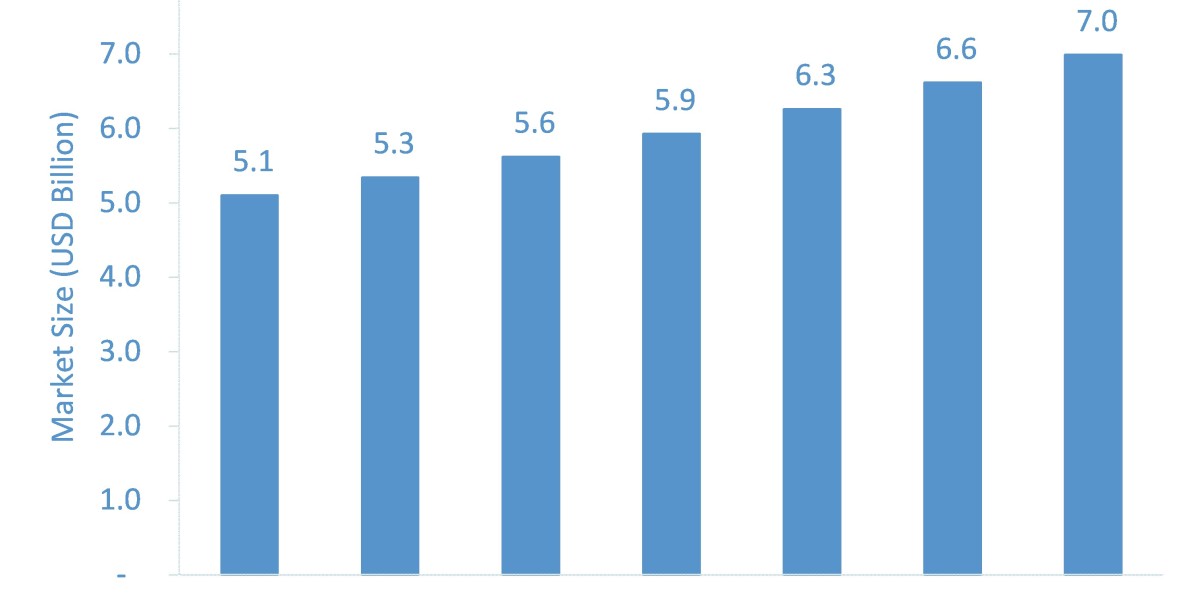The ambulatory electronic health record (EHR) market has seen rapid growth in recent years, driven by the increasing demand for efficient and streamlined healthcare solutions for outpatient settings. Ambulatory EHRs, designed specifically for outpatient facilities like clinics, medical offices, and specialty care centers, offer tailored functionalities that focus on improving patient care while reducing administrative burdens. These systems differ from traditional EHRs used in hospitals, providing solutions that cater to the unique needs of ambulatory care, including ease of use, flexibility, and mobility.
The Global Ambulatory EHR Market is expected to grow from USD 5.1 billion in 2020 to USD 7.0 billion by 2026 at a CAGR of over 5.5% during the forecast period.
Market Drivers and Growth Factors
Several factors contribute to the robust growth of the ambulatory EHR market. One of the key drivers is the shift towards value-based care, which emphasizes quality over quantity in healthcare services. Ambulatory EHRs are essential for managing patient outcomes, reducing unnecessary hospital admissions, and improving overall care coordination. The growing adoption of these systems is further propelled by government initiatives promoting digitalization in healthcare, such as the Health Information Technology for Economic and Clinical Health (HITECH) Act in the U.S., which incentivizes the adoption of EHRs.
Additionally, the rise in chronic diseases, an aging population, and the increasing demand for outpatient procedures have led to the expansion of ambulatory services. This has created a need for more specialized EHR solutions that can handle large volumes of patient data efficiently. Cloud-based ambulatory EHR systems, in particular, have gained popularity due to their scalability, lower upfront costs, and ease of integration with other healthcare systems.
Challenges and Opportunities
Despite the market's growth, several challenges remain. Data security concerns, interoperability issues, and the high cost of initial implementation can hinder the adoption of ambulatory EHRs, especially among smaller practices. However, advancements in artificial intelligence (AI) and machine learning (ML) are poised to offer new opportunities. AI-enabled EHR systems can help automate routine tasks, reduce human error, and enhance predictive analytics, further optimizing patient care.
Market Outlook
The ambulatory EHR market is expected to continue its upward trajectory, with increasing investments in healthcare technology and the ongoing digital transformation of the healthcare industry. As the focus on patient-centered care intensifies, ambulatory EHRs will play a crucial role in delivering efficient, high-quality outpatient services, solidifying their importance in the modern healthcare landscape.
To get detail information about the market dynamics, Register Here: https://www.stratviewresearch.com/Request-Sample/1681/ambulatory-EHR-market.html#form



